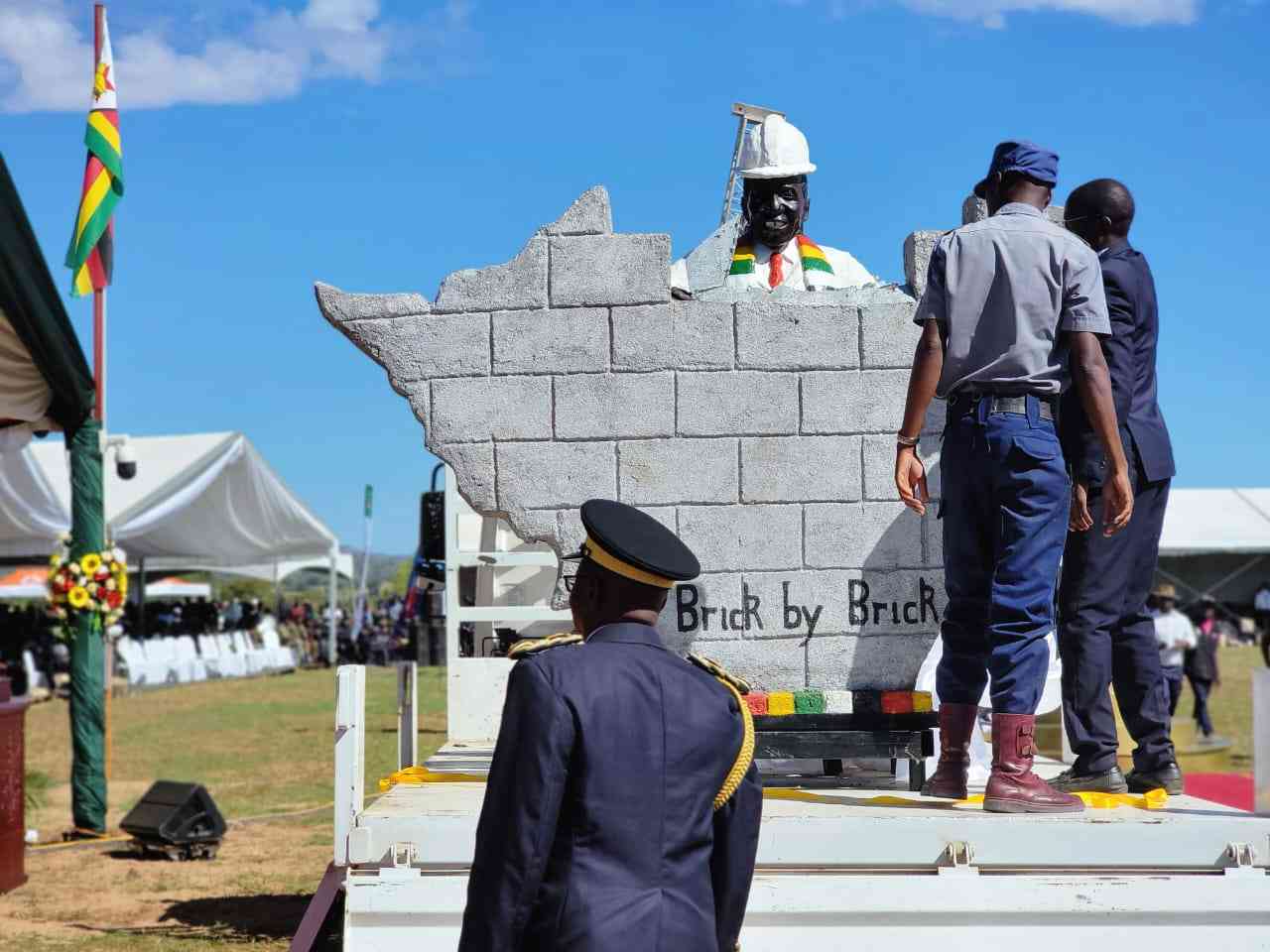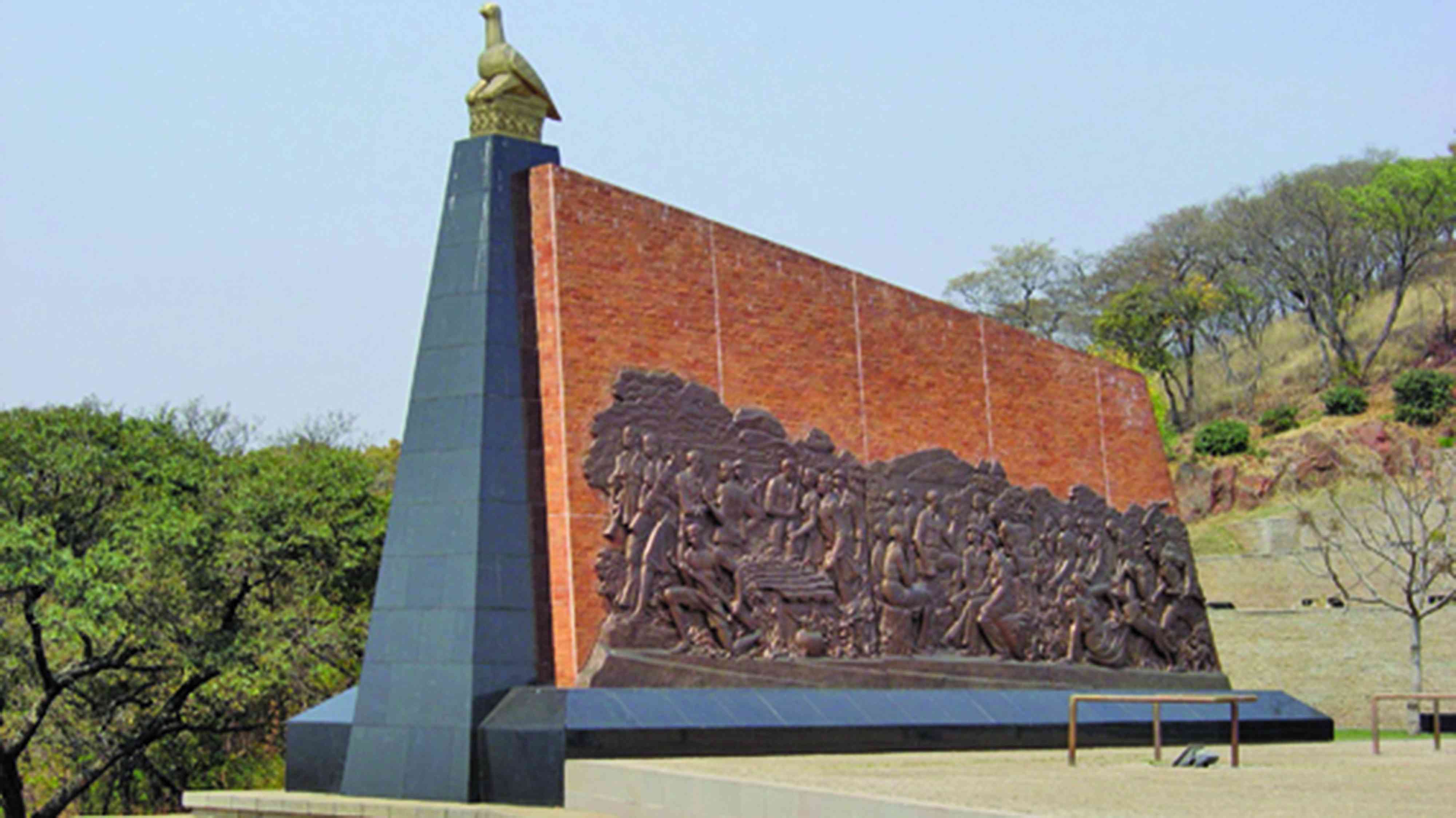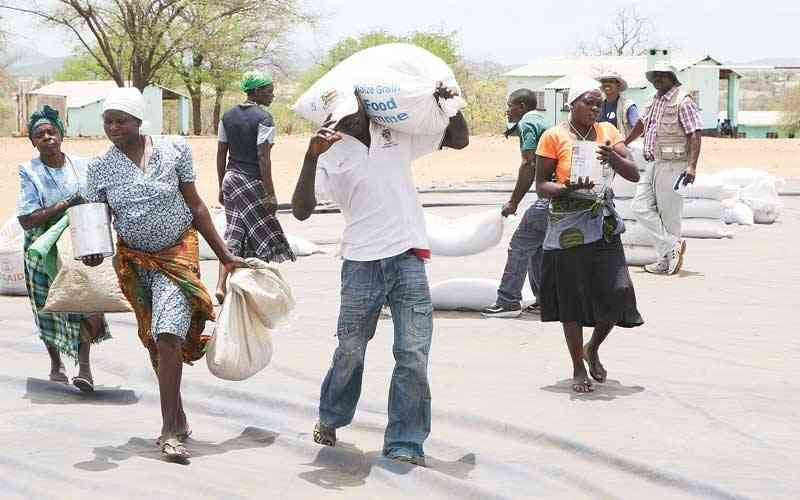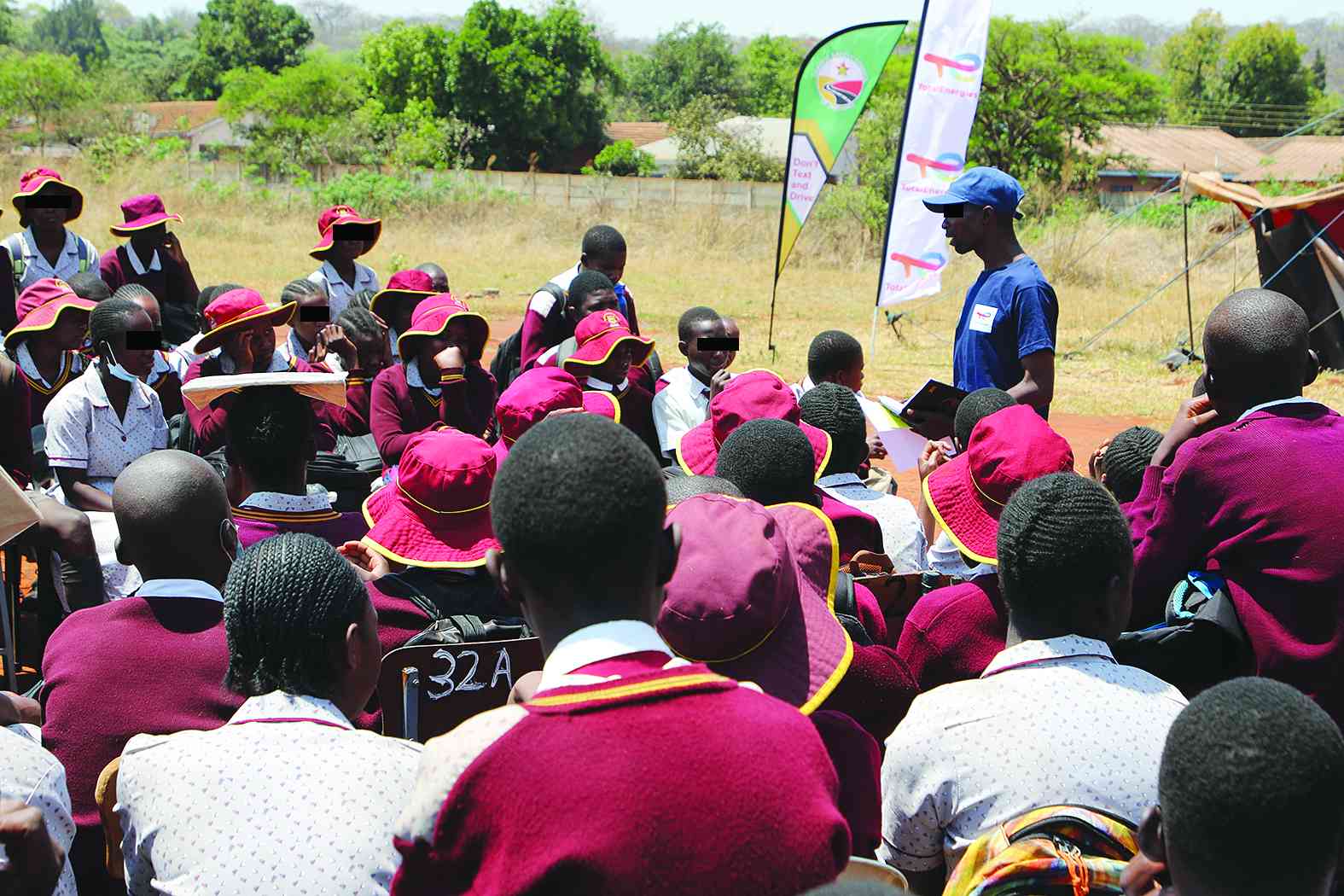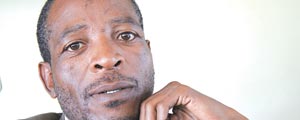
President Robert Mugabe can be a very difficult leader to understand.
Report by Tangai Chipangura
liatory and forward-looking oratory in his acceptance speech on the day of his inauguration last Thursday, the President was on Sunday wearing a totally different face — spewing threats and venom to all and sundry.
On Thursday, Mugabe gave the nation a lot of hope that the isolation that has caused us so much suffering would now come to an end as Zimbabwe joined the family of nations — the hope that the poverty and all the misery we have had to endure over more than a decade would now be a thing of the past; the hope that we would now wave goodbye to our grim past.
He said on that day at the National Sports Stadium — before fellow African leaders and other world representatives — that his government was prepared to give an ear to erstwhile enemies, including the Western powers, for the sake of building broken bridges.
He said: “Internationally and diplomatically, we remain friendly and well disposed towards all nations. We seek friendships. We seek partnerships. We seek to diversify our relations, to encompass new, emerging regions of the world . . .”
And then three days later, on Sunday, the same President was issuing threats and spewing venom. Phrases like “tit-for-tat” and “enough is enough” characterised his speech at the National Heroes’ Acre where Retired Air Commodore Mike Karakadzai was being laid to rest.
Mugabe threatened to deal with British companies and other Western interests in Zimbabwe because they dared to question the legitimacy of his presidency because elections had been disputed.
- Chamisa under fire over US$120K donation
- Mavhunga puts DeMbare into Chibuku quarterfinals
- Pension funds bet on Cabora Bassa oilfields
- Councils defy govt fire tender directive
Keep Reading
Our courts have given the conclusive ruling and Zimbabweans are ready to move forward with a Zanu PF government, but they certainly do not want to be thrown back to that forgettable nightmare that destroyed livelihoods in the period before 2009.
The responsibility lies with the new government to see that the country does not slide back into that economic cesspit — whatever action it must take.
What is not in doubt, however, is that this country cannot extricate itself from this economic back hole in which, as Mugabe aptly said last Thursday: “We are fast turning into one huge warehouse, a dumping ground for all manner of imports . . . where Bulawayo has now become a sorry industrial scrapyard” — if our leaders continue to pay lip service to their pledge to seek friendship while practically displaying the arrogant, confrontational and suicidal attitude of a car-versus-train contest.
“Our attitude is not going to continue to be what it was in the past — passive . . . time will come when we will lose our patience and say — well, tit-for-tat, you hit me, I hit you.”
Yes, countries should be proud of their sovereignty and guard that sovereignty jealously — they must not allow other countries to ride roughshod over them regardless of power or wealth.
But sometimes it pays to play diplomacy right, for the sake of the ordinary citizen that bears the brunt of punitive measures that may ensue — empty shelves, dry water taps, dark nights, long fuel queues, valueless currency, disease and death. The things that happen when a country deliberately destroys investor confidence and chase away money by making reckless but often ineffectual statements about biting teeth.
And what exactly did Mugabe mean when he told mourners on Sunday that the people of Harare and Bulawayo must not come to him for anything — that they must go to MDC-T leader Morgan Tsvangirai whom they voted for on July 31?
No one can lecture Mugabe on the principle of leadership or elections and the meaning of their results. So, it cannot be said that the veteran leader does not know that when one wins elections to lead the country, they take responsibility to lead the entire country and all her people.
He knows very well and has, in fact, given good lectures on the concept of voting during his campaign trail. Remember that illustrative tale of Chitoforo — that hopeless son of his grandfather’s friend whom the President’s aunt rightly and flatly rejected, even when Mugabe’s grandfather put her into solitary confinement without food?
The lesson, the President told supporters at his Chitungwiza rally, was that people can never be forced to accept what their hearts and minds have chosen not to. He said people had the right to vote for whomever they chose and it was not criminal to do so.
The same President was fuming on Sunday: “People from Harare and Bulawayo, to vote for the MDC-T. What do you admire in that party? Now, go and get from the MDC-T what you were promised during the elections!”
The people of Harare and Bulawayo must not to expect anything from him or his government.
He proceeded then to call his vanquished opponents all sorts of names — in what could hardly be defined as presidential language. Words like chitaunhau and “laughable ignoramuses” characterised his speech — vindictive, almost primitive language least expected of a leader of Mugabe’s standing.



